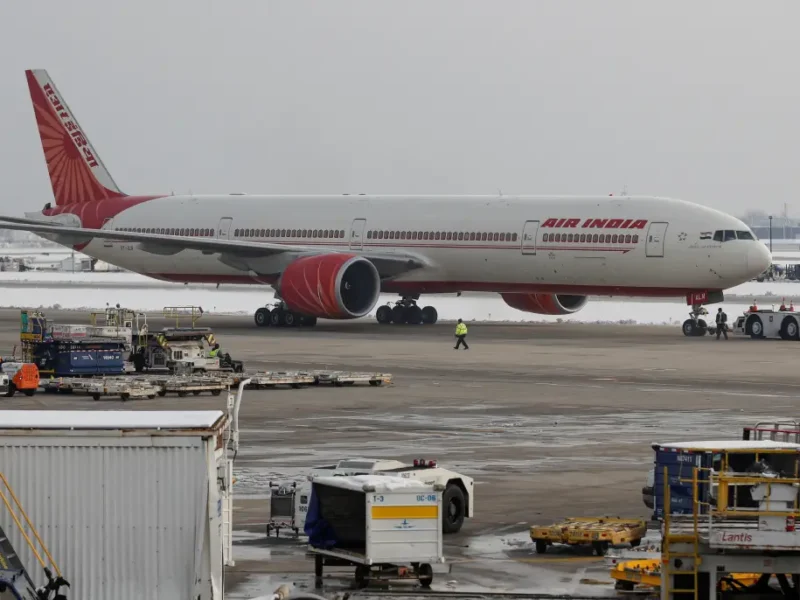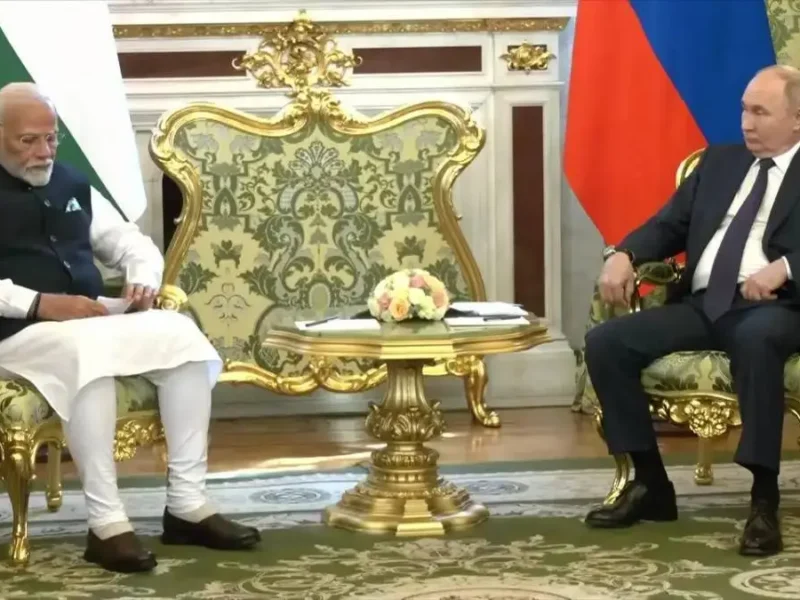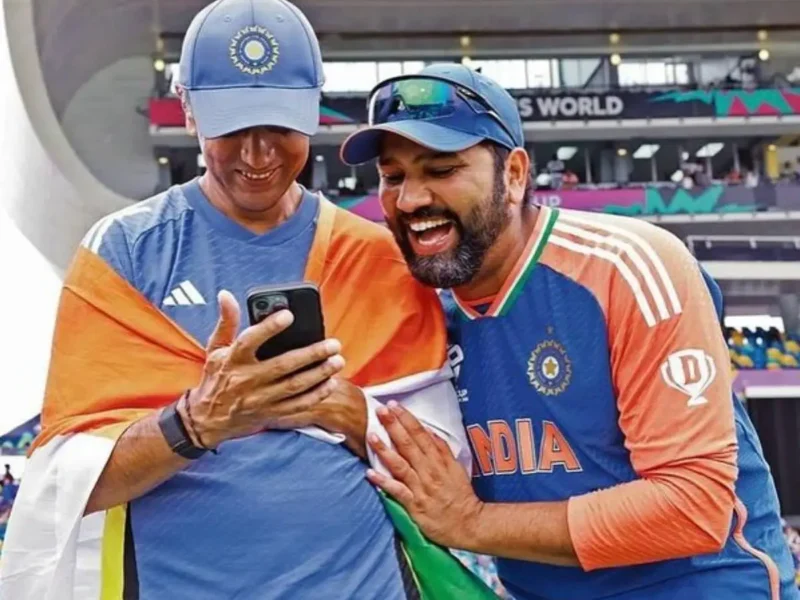
Top Defense Officials from India, U.S. Pledge to Expand Military Engagement, Strengthen Defense Ties
U.S. Defense Secretary Lloyd Austin (left) speaks with Indian Defense Minister Rajnath Singh during a joint media briefing held in New Delhi on March 20, 2021. (Money Sharma/AFP via Getty Images)
By SHEIKH SAALIQ/Associated Press
NEW DELHI — Top defense officials from India and the United States pledged March 20 to expand their military engagement, underscoring the strengthening defense ties between two countries concerned over China’s growing influence in the Indo-Pacific region.
U.S. Secretary of Defense Lloyd Austin and Indian Defense Minister Rajnath Singh met in New Delhi and agreed to deepen defense cooperation, intelligence sharing and logistics.
“India is an increasingly important partner in rapidly shifting international dynamics. I reaffirm our commitment to a comprehensive forward-looking defense partnership with India as a central pillar of our approach to the Indo-Pacific region,” Austin said.
Austin is making the first visit to India by a top member of President Joe Biden’s administration. His visit follows a meeting last week between leaders of Australia, India, Japan and the United States, which together make up the four Indo-Pacific nations known as the Quad.
The Quad is seen as a counterweight to China, who critics say is flexing its military muscle in the South China Sea, East China Sea, Taiwan Strait and along its northern border with India.
China has called the Quad an attempt to contain its ambitions.
Austin’s Indian counterpart, Singh, said the talks were focused on “expanding military-to-military engagement.”
“We are determined to realize the full potential of comprehensive global strategic partnership,” Singh said.
Austin arrived in New Delhi on March 19 and met Prime Minister Narendra Modi and National Security Advisor Ajit Doval.
According to a statement from the Prime Minister’s Office, Modi “outlined his vision for the strategic partnership between the two countries and emphasized the important role of bilateral defense cooperation in India-U.S. ties.”
Before the talks on Saturday, Austin visited the National War Memorial and was accorded a ceremonial guard of honor.
The timing of Austin’s visit, which follows talks between high-ranking U.S. and Chinese officials in Alaska amid a bitter exchange of words, signals the importance Biden places on New Delhi as a security ally.
The U.S. and India have steadily ramped up their military relationship in recent years and signed a string of defense deals and deepened military cooperation. In 2019, the two sides concluded defense deals worth over $3 billion. Bilateral defense trade increased from near zero in 2008 to $15 billion in 2019.
The U.S.-India security partnership enjoys strong bipartisan support in Washington, and it has grown significantly since the early 2000s even though trade agreements have been a sticking point. But in recent years, relations between the countries have been driven by a convergence of interests to counter China.
More recently, India drew closer to the U.S. following its months-long military standoff with China along their disputed border in eastern Ladakh, where deadly clashes erupted last year. Tensions between the nuclear-armed Asian giants have eased after the two countries pulled back troops from one area of contention.
The military tensions between the two neighbors at that time had stoked fears of a larger confrontation.
Austin in a separate press briefing said the U.S. “never considered that India and China were on the threshold of war.”
IANS adds from New Delhi: “We discussed the need for enhanced capacity building to address some of the non-traditional challenges such as oil spills and environmental disasters, drug trafficking, illegal, unreported, unregulated fishing and others,” Rajnath Singh said.
Austin said that he had a productive discussion on a number of security issues which are important to both the countries.
“And at the top of my agenda, I wanted to convey the Biden-Harris administration’s message of our strong commitment to our allies and partners,” he said.
India, in particular, is an increasingly important partner amid today’s rapidly shifting international dynamics, he said.
“I reaffirmed our commitment to a comprehensive and forward-looking defense partnership with India as a central pillar of our approach to the region. As the world faces a global pandemic and growing challenges to an open and stable international system, the U.S.-India relationship is a stronghold of a free and open Indo-Pacific region,” Austin said.
He added that Prime Minister Modi has stated that India stands for “freedom of navigation and overflight, unimpeded lawful commerce, and adherence to international law.”
He also pointed out that both the countries are continuing to advance new areas of collaboration, including information sharing, logistics cooperation, Artificial Intelligence, and cooperation in new domains such as space and cyber.
Austin also said that he has discussed human rights issues with Indian Cabinet ministers.
The U.S. raised concerns over human rights in India during a meeting between External Affairs Minister S. Jaishankar and Austin.
Sources said that the discussions which lasted for an hour between the two officials, were focused on human rights.
Austin told Jaishankar that as the two largest democracies in the world, human rights and values are important to the U.S. and they will lead with these values.
Jaishankar agreed and emphasized that a strong relationship between the two democracies is not only important for both the countries but also for the rest of the world.




